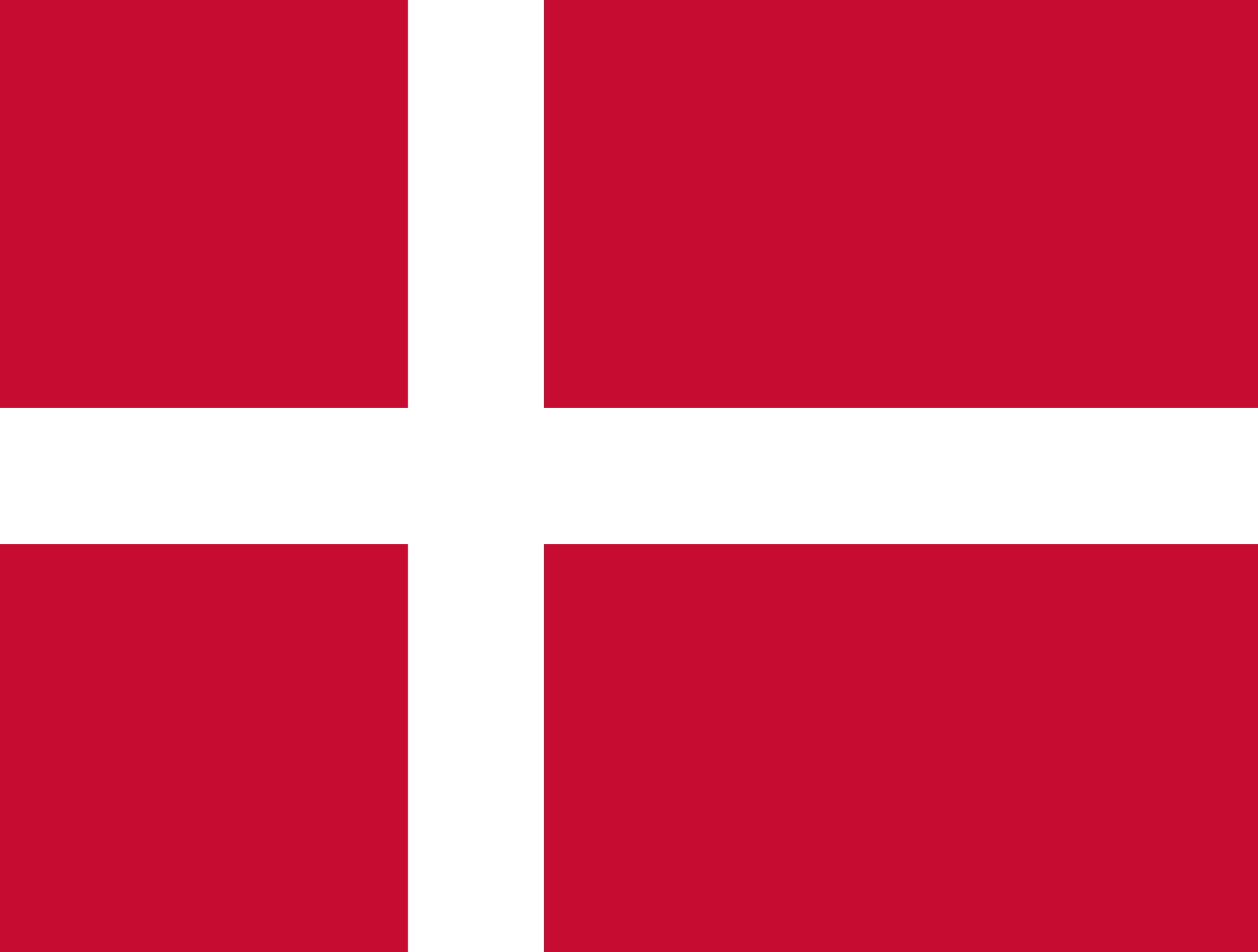Brunel Afghan Society Gives back to Afghanistan
Brunel Afghan Society and DACAAR provide safe drinking water to a community on the outskirts of Kabul
In 2009, a group of 130 students from the Brunel University London in the United Kingdom started the Brunel Afghan Society. The aim was to create a positive image of Afghanistan that contrasts the image portrayed in mass media.
“I love my Afghan culture and I wanted to share it with those here,” said Ariana Abawe the President of Brunel Afghan Society.
The students are from more than 10 different countries who want to learn about Afghan culture, raise money to help people in Afghanistan and have fun by holding cultural events for Afghans and non-Afghans. In 2019, they raised enough money to build a well. “According to our belief the best charity is giving water to the people,” Ariana added.
Celebrations like Chai-o-Chelam, meet and greet, games night and Nawruz (Persian New Year) are held to introduce Afghan culture to students in the UK. “I think it is great that Afghans want to give back to their homeland. It is very admirable, commendable and noble,” said Rami Wei Mroueh, an Anthropology student.
Ariana approached DACAAR for technical assistance and to drill a tube well, install a hand pump and a 3,000 liter water tank in Fazel Beg, on the outskirts of Kabul city.
“I think the water pump was a really great cause to raise money for,” said Dounia Seddiki, a student from Algeria.
The students proposed the location in Fazel Beg to build a water pump: “I talked to an acquaintance and he mentioned that the community in Fazel Beg and a nearby school need water,” said Ariana. After an extended search, the students could not find anyone who can drill that well. Ariana found out through a relative that DACAAR is the leading organization in the WASH sector in Afghanistan. DACAAR’s Senior Management Team decided to help the students and sent a surveying engineer to the site. DACAAR completed the project within three months (October to December 2019) and contributed about 28% in labor, community mobilization and transportation. More than 600 people are benefitting from the project.
By: Zohal Nasrat
Contributions: Irshad Alamyar, Dagmar Ruehrig
 Danish
Danish